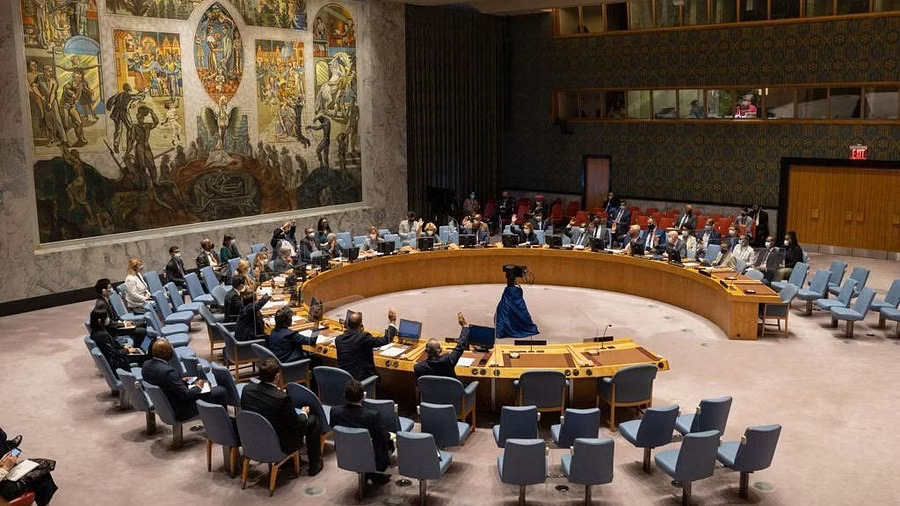Speaking at the United Nations, the President of the United Nations General Assembly (UNGA), [Name Withheld], emphasized the critical importance of “democratizing” the UN Security Council as a central aspect of ongoing reform efforts. The statement comes amid continued calls for more equitable global governance and representation.
The UN Security Council, with its five permanent members and ten rotating members, holds significant power in international decision-making, including matters of peace and security. However, the composition of the Security Council has faced criticism for not adequately reflecting the contemporary geopolitical landscape.
Key points highlighted by the UNGA President:
1. Addressing Asymmetry: underscored the need to address the asymmetry in global governance, where a few nations wield disproportionate influence. The call for reform aims to rectify this imbalance and promote a more inclusive and representative international order.
2. Democratizing the Security Council: The UNGA President’s statement resonates with ongoing discussions about expanding the Security Council’s membership and possibly revising the veto power held by its permanent members.
3. Strengthening Multilateralism: The UN has been at the forefront of global efforts to address pressing challenges, and reforming its structures is seen as a means to strengthen multilateralism.
4. Broader Consensus: Achieving reform will require consensus among UN member states, a complex and often lengthy process involving negotiations and compromises.
5. Diplomatic Path Forward: Diplomacy and dialogue are key to advancing reform initiatives, and the UNGA President encouraged member states to engage constructively in this process.
The UNGA President’s statement reflects the growing recognition that the existing structures of international governance need to adapt to the changing global landscape. Calls for Security Council reform have been ongoing for years, and they often focus on issues of representation, veto power, and the inclusion of emerging powers in decision-making processes.
As the United Nations continues to grapple with complex global challenges, including conflicts, climate change, and health crises, reforming its institutions, particularly the Security Council, is viewed as essential to ensuring that the international community’s response remains effective, equitable, and reflective of the diverse world it serves.
The UNGA President’s remarks are expected to further fuel discussions on the path forward for UN reform, with member states considering various proposals and avenues for achieving a more representative and democratic Security Council.










